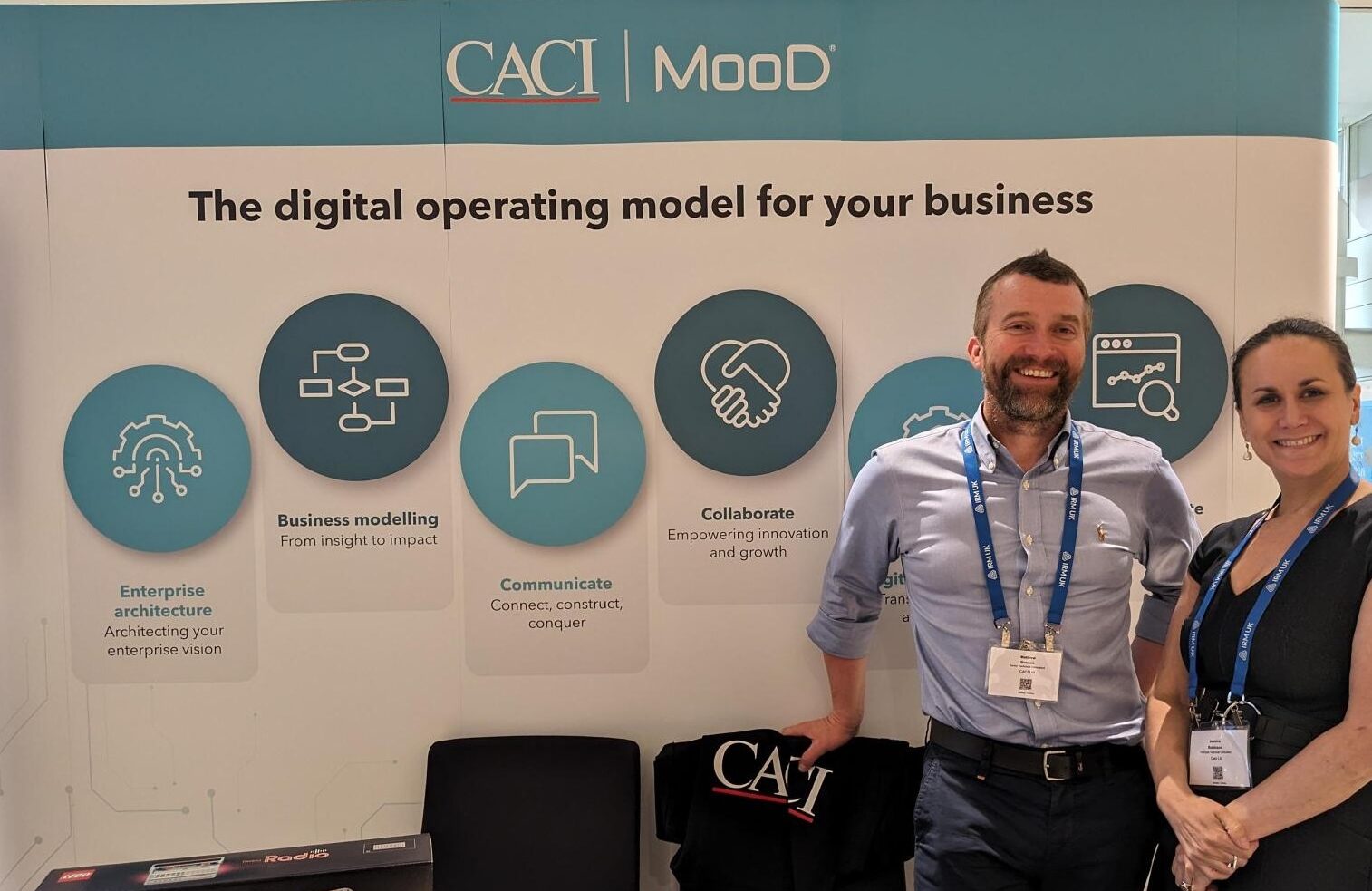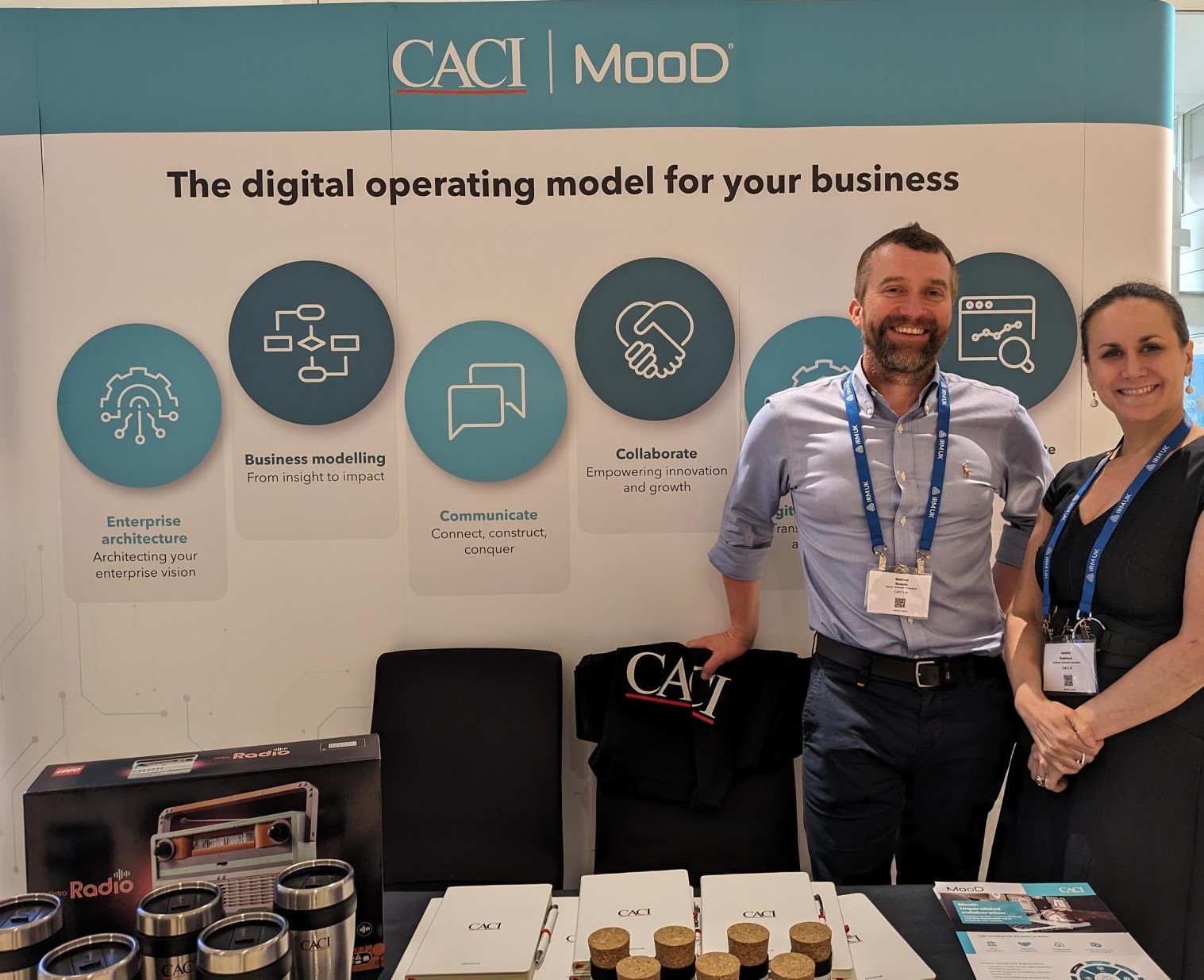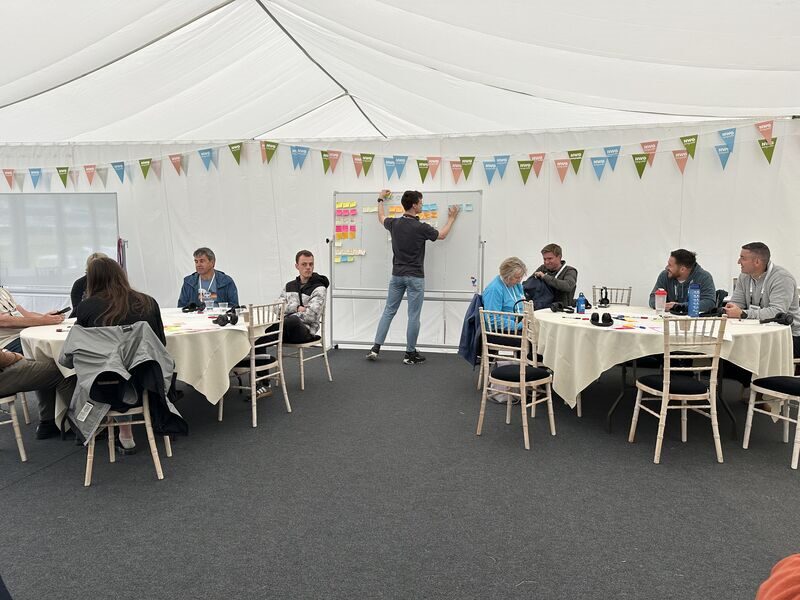In our previous blog in this three-part series, we explored the ‘meal delivery model’ for the Power BI platform and the tools and teams required to bring this model and its methodology to life. In the final blog of this series, we’ll assess how new practices can be embedded and users empowered as the solution build is underway, as well as how to effectively carry out the handover process for a seamless go-live.
To read our full whitepaper that outlines additional methodology and best practices to unlock all that Power BI has to offer, click here.
Embedding new practices and empowering your users
To effectively embed new practices and empower users, evaluating training and resources will be fundamental for a successful Power BI migration. Conducting a training and resource assessment to evaluate users’ training needs and ensure they’re equipped with the necessary skills and confidence to use Power BI will be key to maximising its value. Planning a range of training for various users will be particularly impactful in this case, as will offering the right training to the right users. Communicating expectations, project and migration updates and overarching benefits will also be critical, especially when users are asked to contribute and to change established practices.
The handover process
Prior to going live, ensuring the necessary solution documentation is in place for both user and developer reference will be vital. Holding handover sessions for your BI team, your IT team and management, unifying support and resources and making sure the helpdesk is both responsive and reactive to any technical issues that arise will bolster this.
To help determine response times for any technical issues arising, users’ needs that would have arisen during the discovery phase of the project must be understood. Departmental or team champions for non-technical Power BI users can therefore bolster outcomes in these circumstances, and managed support can alleviate the burden of updates and adaptations in fast-changing NHS environments.
Time must be allocated for handover sessions for the BI team, IT team and management. This will serve as an additional opportunity to reiterate the benefits of the new PowerBI solution along with a practical introduction. Consistent monitoring and feedback should be sought out to refine helpdesk processes and continue deriving the full benefits that the solution can provide as the handover stage continues.
While PowerBI is an exceptionally flexible platform and will expand and adapt to accommodate new data and reporting requirements, having the necessary development resources available to make changes and upkeep the solution will be paramount.
How CACI can help
Migrating to PowerBI enables NHS stakeholders to achieve new strategic goals and transform their analytical capabilities. CACI understands the value that migrating to PowerBI can bring, which is why we have developed our own set of best practices and key principles for PowerBI migrations within the NHS. We strive to deliver a seamless migration built on our extensive experience in NHS data and technology, prioritising stakeholder engagement, providing reliable reporting, secure data sharing and self-sufficient BI capabilities for data-driven decision-making.
For more information or help with Power BI project planning, delivery or ongoing managed services, contact us today. To learn more about how you can tap into the power of Power BI, our whitepaper outlines the best practices and methodology that will boost your understanding and usage.
Read the rest of the series here:












